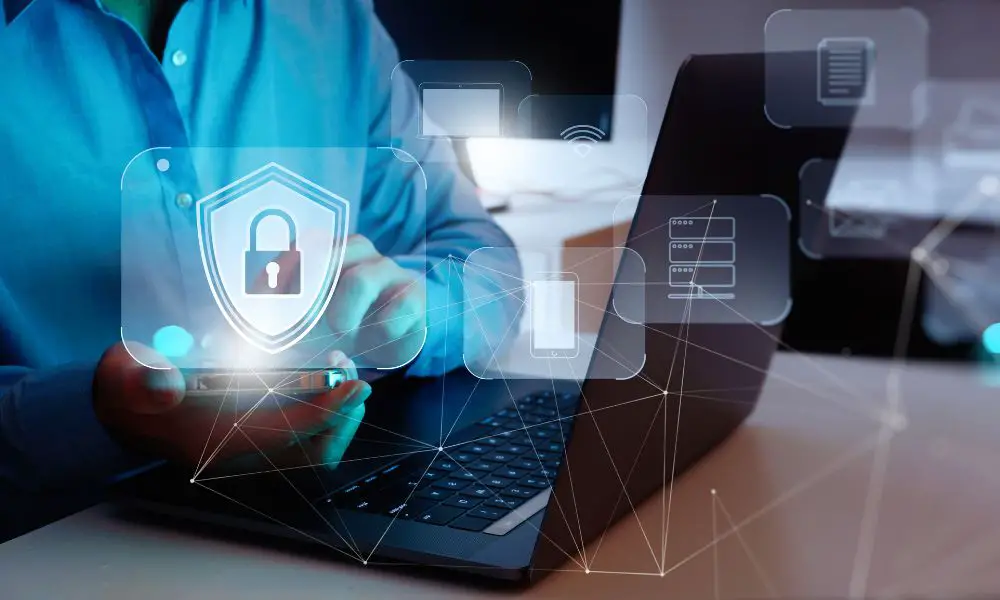

Nowadays, very few transactions take place offline. Whether it’s a visit to the doctor’s office, a job application, or a bank transaction, what people used to primarily do in person is now accessible through phones and laptops. It’s convenient, yes, but it’s not without its dangers. With so much of our personal, financial, medical, and other information flying around, it has become easier than ever for identity thieves and scammers to grab and exploit it. But that doesn’t have to happen. Here are five tricks for protecting your personal information.
Passwords are so simple yet effective at keeping out the bad guys. But some passwords are better at it than others. Keep your personal and medical records safe from hackers by creating passwords that are hard to crack. Stay away from known words, number combinations, and important dates, however easy they are to remember. Build better passwords by creating random and extended combinations of numbers, letters, and characters, and change them often. If you have trouble remembering, a password manager can keep them straight while protecting them from prying eyes.
If you can use multi-factor recognition, do it. This adds extra steps to signing into a portal or other site by requiring two or more credentials. This system employs passwords; verification by email, phone, or text; fingerprint or facial recognition software; and the like. If a scammer gets your password, they’ll still need your phone, face, or finger to sneak in and steal your information.
Phishing is a common way for scammers to access your personal information by gaining your trust and conning you into sending it to them. Watch out for emails from people you don’t know, of course, but also watch for emails and texts from friends, family, and institutions that sound strange. Check the address to see if it’s really theirs—phishing email addresses are often off by a single letter. Don’t click oddly long links. If you already do your business through a company or association’s portal, go there to confirm everything rather than clicking anything in the email or text.
Here’s the fourth of our five tricks for protecting your personal information. If you still have personal information stored on paper forms and no longer need them as backup, shred them. Scammers often look through old records and pick through garbage to find carelessly discarded forms and files containing social security numbers, personal identification numbers, and other important information and documents.
Many folks have the impulse to share too much information about themselves on social media. When you overshare, scammers can look for clues that allow them to hack into your personal life and possibly your personal information. Be equally discrete in public. Be careful not to send personal information over public Wi-Fi. Also, protect your credit card numbers and other information from nosy nearby neighbors at the coffee shop, store, and other places.
Optimize your food processing facility by better understanding the critical ways gases can impact electrical…
Discover the best safety practices for restaurants, ranging from fire prevention to hygiene standards. Take…
Radon levels rise at higher elevations due to low air pressure and sealed homes. Learn…
There’s nothing worse than lighting a new candle and watching it sputter out, tunnel, or…
Discover how woven metal fabric transforms restaurant design with its versatility, from feature walls to…
Upgrading your workspace? Get inspired by design ideas for materials, lighting, and amenities, and tips…